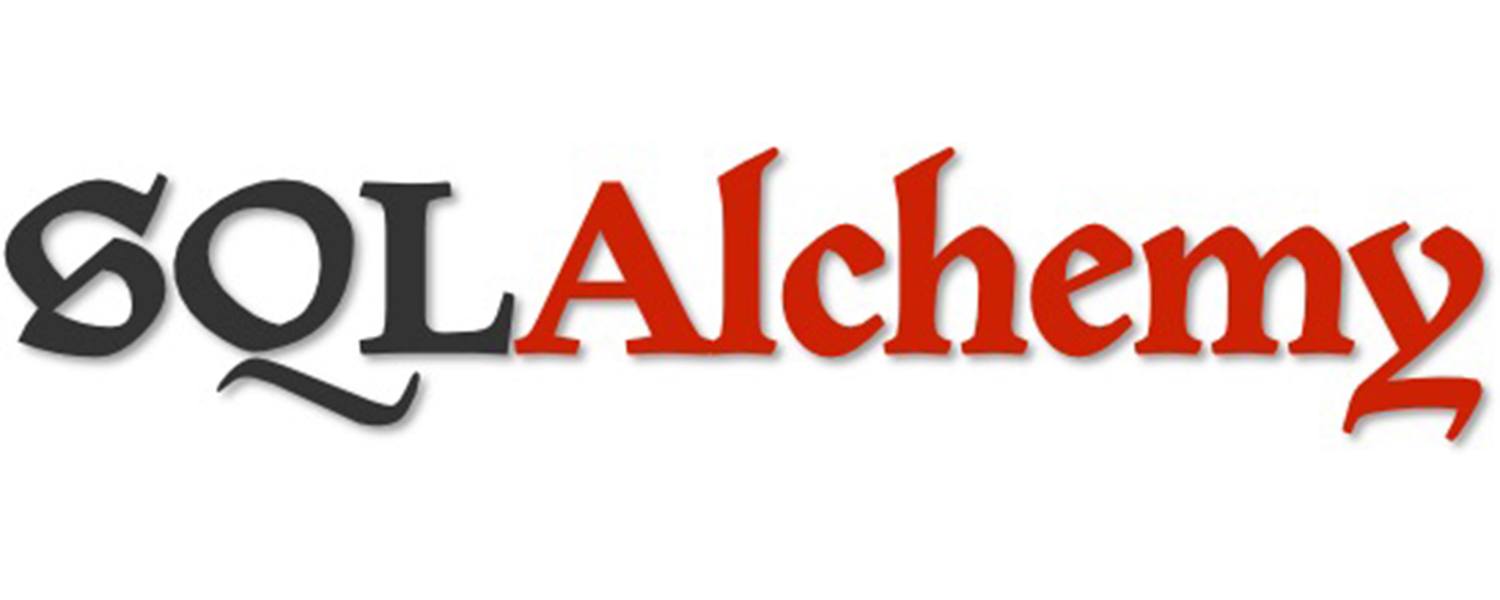SQLAlchemy is a library used to interact with a wide variety of databases. It enables you to create data models and queries in a manner that feels like normal Python classes and statements. Created by Mike Bayer in 2005, SQLAlchemy is used by many companies and is considered by many to be the de facto way of working with relational databases in Python.

It can be used to connect to most common databases such as Postgres, MySQL, SQLite, Oracle, and many others. It also provides a way to add support for other relational databases as well. Amazon Redshift, which uses a custom dialect of PostgreSQL, is a great example of database support added by the community.
The top reason to use SQLAlchemy is to abstract your code away from the underlying database and its associated SQL peculiarities. SQLAlchemy leverages powerful common statements and types to ensure its SQL statements are crafted efficiently and properly for each database type and vendor without you having to think about it.
This makes it easy to migrate logic from Oracle to PostgreSQL or from an application database to a data warehouse. It also helps ensure that database input is sanitized and properly escaped prior to being submitted to the database. This prevents common issues like SQL injection attacks.
SQLAlchemy also provides a lot of flexibility by supplying two major modes of usage: SQL Expression Language (commonly referred to as Core) and ORM. These modes can be used separately or together depending on your preference and the needs of your application.

The SQL Expression Language is a Pythonic way of representing common SQL statements and expressions, and is only a mild abstraction from the typical SQL language. It is focused on the actual database schema; however, it is standardized in such a way that it provides a consistent language across a large number of backend databases. The SQL Expression Language also acts as the foundation for the SQLAlchemy ORM.
The SQLAlchemy ORM is similar to many other object relational mappers (ORMs) you may have encountered in other languages. It is focused around the domain model of the application and leverages the Unit of Work pattern to maintain object state. It also provides a high-level abstraction on top of the SQL Expression Language that enables the user to work in a more idiomatic way. You can mix and match use of the ORM with the SQL Expression Language to create very powerful applications. The ORM leverages a declarative system that is similar to the active-record systems used by many other ORMs such as the one found in Ruby on Rails. While the ORM is extremely useful, you must keep in mind that there is a difference between the way classes can be related, and how the underlying database relationships work.

It can be used to connect to most common databases such as Postgres, MySQL, SQLite, Oracle, and many others. It also provides a way to add support for other relational databases as well. Amazon Redshift, which uses a custom dialect of PostgreSQL, is a great example of database support added by the community.
The top reason to use SQLAlchemy is to abstract your code away from the underlying database and its associated SQL peculiarities. SQLAlchemy leverages powerful common statements and types to ensure its SQL statements are crafted efficiently and properly for each database type and vendor without you having to think about it.
This makes it easy to migrate logic from Oracle to PostgreSQL or from an application database to a data warehouse. It also helps ensure that database input is sanitized and properly escaped prior to being submitted to the database. This prevents common issues like SQL injection attacks.
SQLAlchemy also provides a lot of flexibility by supplying two major modes of usage: SQL Expression Language (commonly referred to as Core) and ORM. These modes can be used separately or together depending on your preference and the needs of your application.

The SQL Expression Language is a Pythonic way of representing common SQL statements and expressions, and is only a mild abstraction from the typical SQL language. It is focused on the actual database schema; however, it is standardized in such a way that it provides a consistent language across a large number of backend databases. The SQL Expression Language also acts as the foundation for the SQLAlchemy ORM.
The SQLAlchemy ORM is similar to many other object relational mappers (ORMs) you may have encountered in other languages. It is focused around the domain model of the application and leverages the Unit of Work pattern to maintain object state. It also provides a high-level abstraction on top of the SQL Expression Language that enables the user to work in a more idiomatic way. You can mix and match use of the ORM with the SQL Expression Language to create very powerful applications. The ORM leverages a declarative system that is similar to the active-record systems used by many other ORMs such as the one found in Ruby on Rails. While the ORM is extremely useful, you must keep in mind that there is a difference between the way classes can be related, and how the underlying database relationships work.
0 comments:
Post a Comment